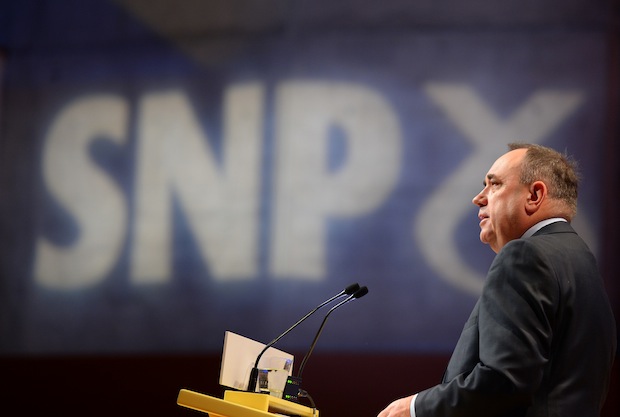Edinburgh
The instinct to blame antagonistic – and incompetent – trade union officials for the devastating news that Ineos is to close its petrochemical plant in Grangemouth is understandable. After all, the company has been warning for some time of losses at the complex of £10 million a month.
These figures demanded action to stem the financial haemorrhage. And, in those circumstances, Unite’s refusal to accept new conditions for its members was always a risky strategy.
It was clear last week – when Ineos temporarily closed down its entire Grangemouth complex, where it employs 1,600 people in the petrochemical plant and adjacent oil refinery – that the company was in no mood to compromise with the union, which had already threatened strike action over plans to freeze pay and cut pensions.
But while the union may have read the situation badly, it would be wrong to hold it entirely responsible for Ineos’s announcement this morning that it was to put the plant into liquidation.
It appears clear that Unite’s foolishness has collided with Ineos’s brutal intransigence, with potentially catastrophic consequences.
Around 800 people will be affected by the closure of the plant, but every one of those 1,600 jobs is at risk while the Grangemouth complex remains shut down.
Ineos has said it will take a decision on the future of the refinery once Unite has agreed to remove, permanently, the threat of strike action. Holding all the cards, now, Ineos doesn’t view the union as a force with which to negotiate but as a facilitator of redundancies.
Scotland’s First Minister Alex Salmond said today’s announcement was ‘hugely disappointing’ and made the usual, necessary promise to work with both sides to find a solution. But, as gifted a politician as he is, Salmond has little power, here. Ineos is unlikely to be moved by the First Minister’s emergency cabinet meetings and furrowed-brow statements. The company wants to stop losing money and it will damned well do so regardless of what Unite or Salmond may say.
This crisis began some weeks ago when Ineos launched an investigation into the activities of employee Stephen Deans, a Unite official who was involved in a controversial process to select a Labour candidate for the Falkirk parliamentary seat currently held by Eric Joyce. That disciplinary procedure may have been the catalyst for the stand-off between bosses and workers but these jobs would have been at risk, regardless.
Unite provided the opportunity for Ineos to take action that was always on the cards and, at the same time, blame unthinking, unbending trade unionists.
Those officials may not have served their members wisely, they may have hardened managerial resolve to deal with the losses at Grangemouth swiftly and without sentiment.
But while those losses kept on keeping on, it was a question of when, not if, Ineos would swing the axe.







Comments